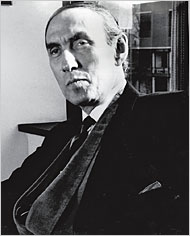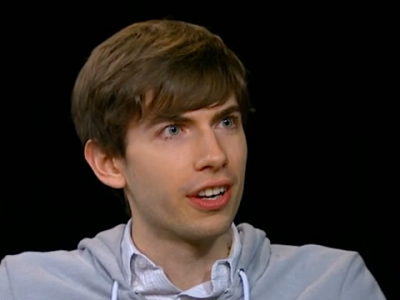Anti-intellectualism, pornography, and a communal sense of the sacred
 I was just reading the introduction to the 2006 (fortieth-anniversary) edition of Philip Rieff’s The Triumph of the Therapeutic. 2006 – as it happens — was the year that Rieff died (at age 83). The introduction was written by social/cultural/intellectual historian Elisabeth Lasch-Quinn and contained some passages I thought worth quoting.
I was just reading the introduction to the 2006 (fortieth-anniversary) edition of Philip Rieff’s The Triumph of the Therapeutic. 2006 – as it happens — was the year that Rieff died (at age 83). The introduction was written by social/cultural/intellectual historian Elisabeth Lasch-Quinn and contained some passages I thought worth quoting.
Capitalism and the self
Rieff’s book is about the cultural transformation of the twentieth-century — from widely held religious/communal values to the prominence of psychology as supreme arbiter of interests and values. According to Lasch-Quinn, Rieff sees a connection between this transformation and the “advances and excesses of capitalism, with its radically destructive gospel of greed.”
[H]e makes a clear link between modern wealth accumulation and the “symbolic impoverishment” of the therapeutic age. The wealthy attempt to compensate for the shortfall with money and its accoutrements, making both art and science into forms of self-analysis and self-worship.
Self-interest becomes “the only principle of action or judgment.”
The book’s implicit connection between consumerism and the cult of impulse release, the nihilism of which Rieff captures so persuasively, represents a searing indictment of the status quo, a clear condemnation of a society “technologically loaded with bribes.”
Nice phrase, nice insight that last bit, and so much more characteristic of society 47 years later. And “gospel of greed” turns out to be even more descriptive of the 1980s (“greed is good”) than the 1960s. In a preface to the 20th anniversary edition of his book (1987), Rieff remarks: “This book stands as it first appeared. To change the text of a ‘prophetic’ character would be to write another book.” Read more

